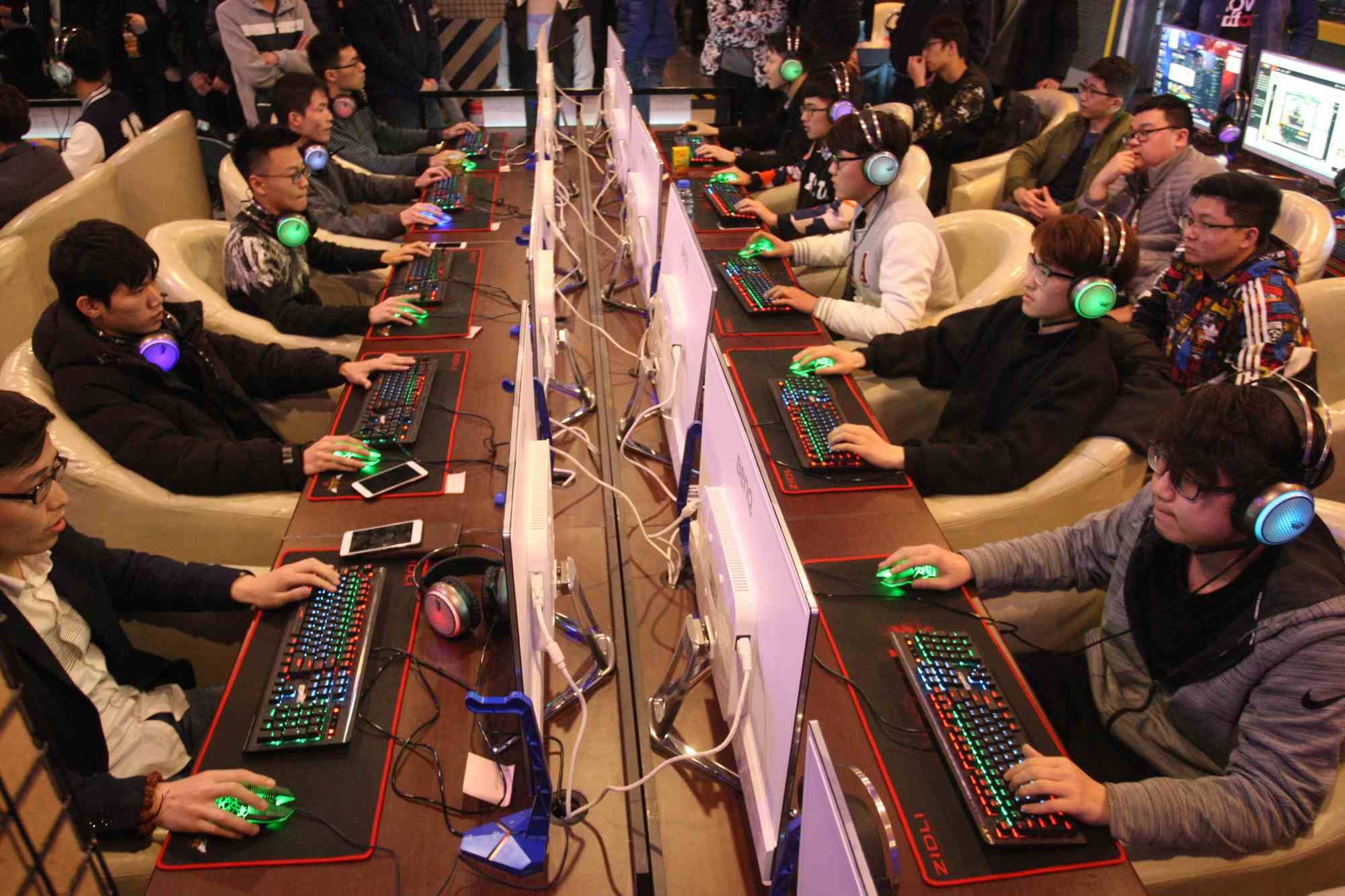
15:40, 16-Mar-2017
China’s game developers stride forward under globalization
Updated
11:08, 28-Jun-2018

China has a huge mobile gaming market and an impressive app economy, with more and more online games developers booming in international markets.
According to the 2015 China Gaming Industry Report, of the games produced in the first six months of that year, worth a combined 45 billion yuan (6.5 billion US dollars), almost 24 percent was exported. That was up 121 percent year-on-year.
To develop on the global stage, Chinese game developers not only have to compete with the world’s leading game developers, but also have to overcome difficulties in terms of new multicultural work environments.

CFP Photo
CFP Photo
YOUZU Co. Ltd., founded in 2009, is one of the leading interactive entertainment companies in China. With business in more than 150 countries and territories, it mainly focuses on developing and publishing multiple browser games and mobile games for users at home and abroad.
Cem Eren, who joined the company in 2014, admitted that he was attracted by YOUZU’s success both in domestic and foreign markets. “It may be I decided in the first place that I wanted to be in one of the leading companies,” said Eren, originally from Turkey, who is the company’s senior community specialist.
“We have multinational teams here with very wide perspectives,” Eren explained. “So to speak, union is strength.”

Funplus is a mobile and social gaming company which is headquartered in Beijing. Founded in 2010, the FunPlus Group is dedicated to providing the ultimate gaming experience to gamers worldwide.
According to Simon Zedlewski, a British game operator at Funplus in Beijing, it is a “very diverse and innovative company,” and he appreciates the various perspectives brought about by having diverse cultures work together.
However, there are still challenges when it comes to localization.
“I think sometimes, we will have content in games which can be tricky to integrate across different languages or cultures. So translating some in-game content can be difficult.” said Zedlewski.


SITEMAP
Copyright © 2018 CGTN. Beijing ICP prepared NO.16065310-3
Copyright © 2018 CGTN. Beijing ICP prepared NO.16065310-3